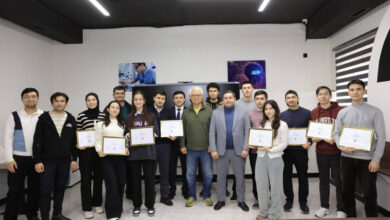Universities must open their doors to stateless children in Malaysia

In a world where education is heralded as a fundamental right, the exclusion of stateless children from higher education remains an indefensible contradiction. These children, denied citizenship, recognition, and the basic privileges most of us take for granted, face overwhelming barriers, not just bureaucratic hurdles, but the near-impossible task of accessing an education system that was never designed to include them.
In Malaysia, this exclusion is particularly stark.
Rigid policies continue to marginalise stateless individuals, depriving them of opportunities most citizens view as ordinary rights. Universities, as institutions that champion knowledge and societal progress, must now step up. It’s time to dismantle these barriers and ensure education is accessible to all, regardless of legal status.
The Human Rights Imperative
The right to education is enshrined in international conventions, such as the United Nations Convention on the Rights of the Child (CRC), which obligates states to guarantee education for every child, irrespective of nationality or legal status (UN General Assembly, 1989).
Yet, in Malaysia, access to education remains contingent on documentation.
Stateless children are frequently barred from public schooling and, consequently, higher education. This systemic exclusion violates international human rights standards and perpetuates the marginalisation of stateless individuals.
Stripped of their dignity and treated as outsiders, these children are denied the opportunities that could allow them to flourish.
Read more : The Sinar Daily




